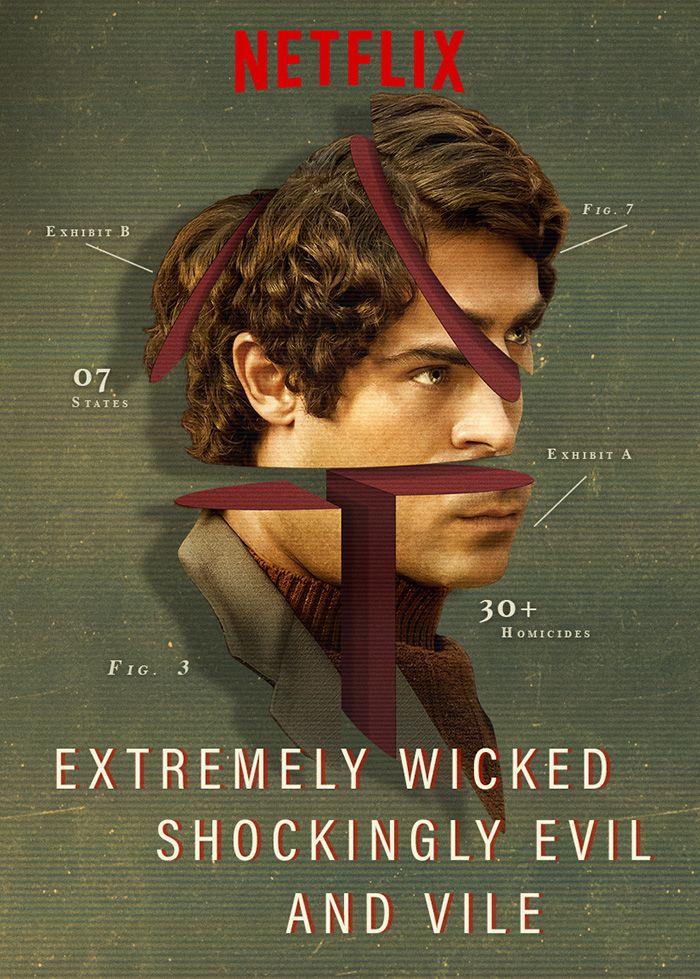Released in 2019, Extremely Wicked, Shockingly Evil, and Vile hit screens just a few months after Netflix debuted a miniseries about the taped interviews serial killer Ted Bundy did while on death row.
A compelling and thought-provoking crime drama directed by Joe Berlinger and stared by Zac Efron as Bundy, the film exploits an already told story of the serial killer but uncovers the deep and unseen battles within the self that creates the feeling of oppression within the scope of an ordinary life that makes individuals behave in a particular way.
As played by Efron, Bundy is a handsome, charismatic, calm, and self-assured person. He is introduced as a conventional man leading a normal life alongside his girlfriend, Liz Kendal, in the Seattle area.
At the early stages of the film, Bundy is arrested in Utah for aggravated assault. This is just one of his several crimes that would result in other discoveries and eventual sentencing to death in Florida. Lilly Collins plays Bundy’s long-term girlfriend. She is submissive and confused by what is happening and believes that his boyfriend is innocent.
She backs him during his earlier trials but becomes sedentary when the focus of the film shifts to courtroom scenes of Bundy’s murder cases, and other crimes.
The film is a dive into the study of true crime’s most disturbing questions, why and how can somebody do that? Ted Bundy is an attractive man on the outside, and it is here that his lure lies. Aesthetics often outperforms reality when it comes to criminals and people often associate murderers with ugliness.
The film delves deep into forensic psychology in an attempt to make viewers understand how a person becomes a serial killer. Elements of personality and other risk factors such as psychopathic and psychotic characteristics plus aberrant sexual passions are highlighted.
The film plays a critical function in embodying a serial killer while at the same time putting forth forensic psychology as an essential part of understanding criminality.

